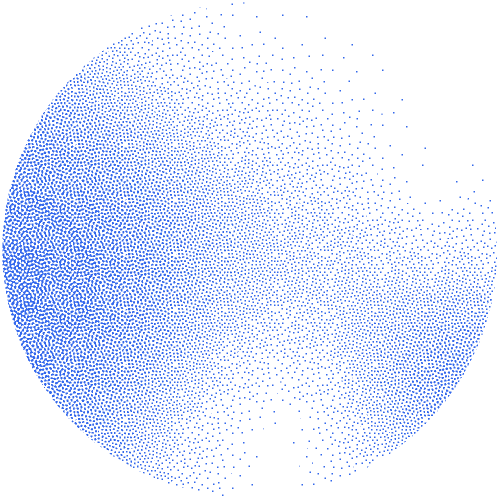ATGCCGGAATTGGCACATAACAAGTACTGCCTCGGTCCTTAAGCTGTATTGCACCATATGACGGATGCCGGAATTGGCACATAACAAGTAC
TGCCTCGGTCCTTAAGCTGTATTGCACCATATGACGGATGCCGGAATTGGCACATAACAACGGTCCTTAAGCTGTATTGCACCATATGACG
GATGCCGGAATTGGCACATAACAAGTACTGCCTCGGTCCTTAAGCTGTATTTCGGTCCTTAAGCTGTATTCCTTAACAACGGTCCTTAAGG
ATGCCGGAATTGGCACATAACAAGTACTGCCTCGGTCCTTAAGCTGTATTGCACCATATGACGGATGCCGGAATTGGCACATAACAAGTAC
TGCCTCGGTCCTTAAGCTGTATTGCACCATATGACGGATGCCGGAATTGGCACATAACAACGGTCCTTAAGCTGTATTGCACCATATGACG
GATGCCGGAATTGGCACATAACAAGTACTGCCTCGGTCCTTAAGCTGTATTTCGGTCCTTAAGCTGTATTCCTTAACAACGGTCCTTAAGG


The team study the genetics and genomics of common metabolic disease, focusing on diabetes, obesity and related conditions. To do so, we use a combination of genetic analysis, large international and local datasets and clinical studies involving patients and clinicians. We also have research interests in Type 1 diabetes, led by Lauric, and cancer, led by Aurelie.
Excitingly, human data now involve whole genome sequences from 100’000s people linked to extensive medical and health information, such as those released in 2023 by the UK Biobank and AllofUS studies. Furthermore, we are members of large international consortia that bring together researchers from all parts of the world to help identify and understand the genotype-phenotype relationships that influence health and disease.
